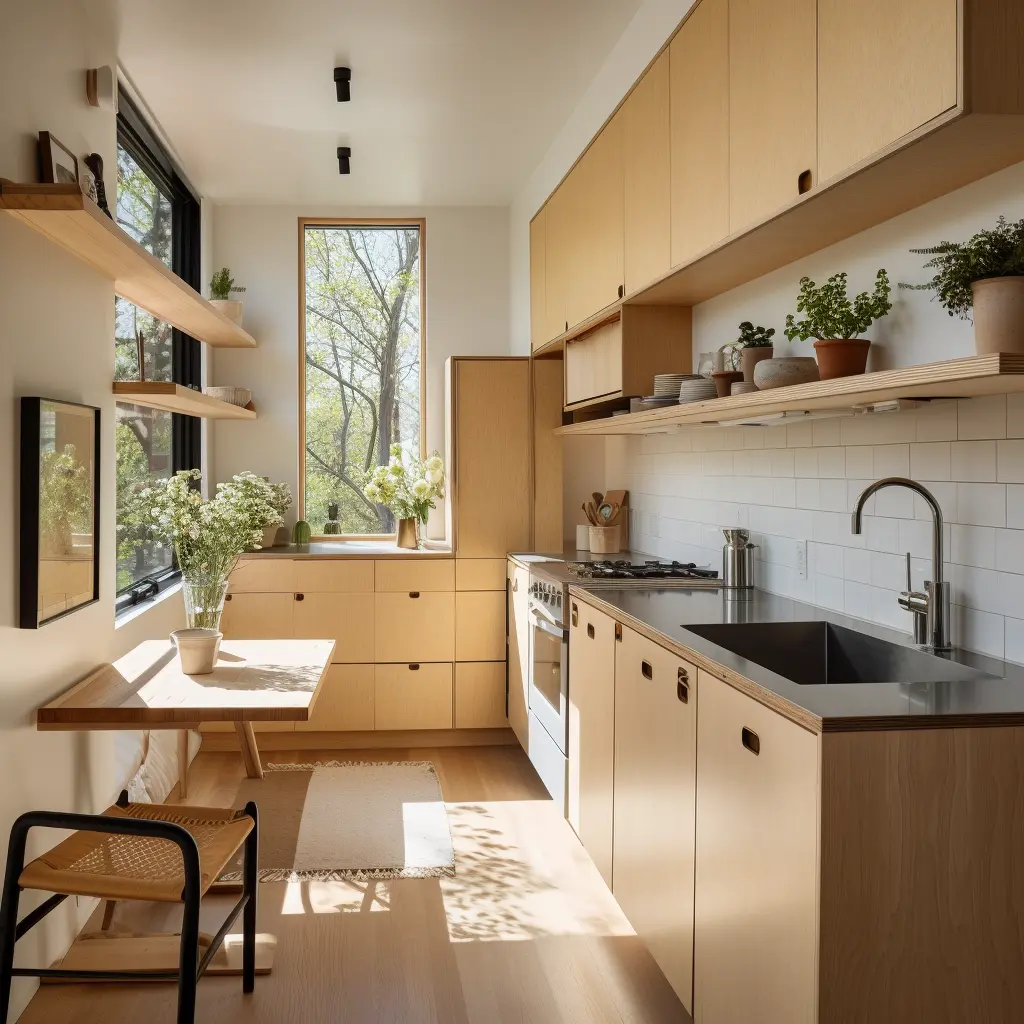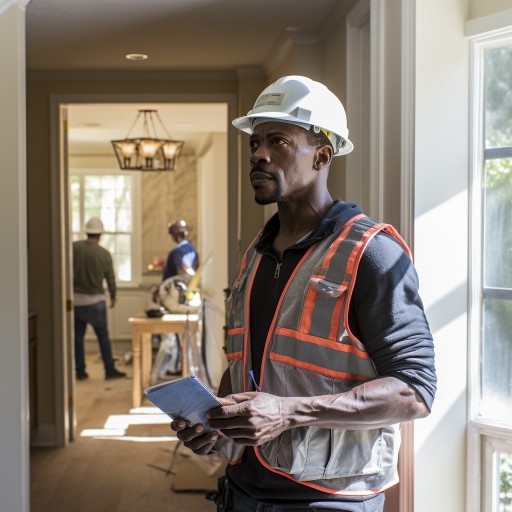How to Research Building Permits for Your Town

co-founder
- Understand the Importance of Building Permits
- Identify Your Town's Building Department
- Review Local Building Codes and Zoning Regulations
- Determine the Type of Permits Required
- Gather Necessary Documentation
- Submit Your Permit Application
- Stay Informed and Involved Throughout the Process
- Obtain Inspections and Final Approval
When planning a construction project, researching building permits is a crucial step to ensure compliance with local regulations and avoid potential delays or fines. Knowing how to navigate the building permit process in your town can save you time, money, and frustration. In this article, we'll guide you through the process of researching building permits for your town, providing useful tips and resources along the way.
Understand the Importance of Building Permits
Building permits are essential for maintaining safety and adherence to local building codes. They ensure that construction projects meet specific standards, protecting both the property owner and the community. Obtaining the necessary permits before beginning your project can help you avoid costly mistakes, potential legal issues, and delays in construction.
Identify Your Town's Building Department
The first step in researching building permits is identifying your town's building department or agency responsible for overseeing permits and inspections. This can typically be found on your town's official website or by contacting your local government office. The building department will be your primary resource for permit information, requirements, and the application process.
Review Local Building Codes and Zoning Regulations
Familiarize yourself with your town's building codes and zoning regulations, which can often be found on the building department's website or by visiting their office. Building codes outline the safety standards and construction requirements for various types of projects, while zoning regulations define the allowable uses and limitations for properties in specific areas. Understanding these regulations will help you determine whether your project requires a permit and what steps you'll need to take to obtain one.
Determine the Type of Permits Required
Depending on the nature of your project, you may need one or multiple permits. Common permit types include building, electrical, plumbing, and mechanical permits. Your town's building department can provide guidance on which permits are required for your specific project.
Gather Necessary Documentation
When applying for a building permit, you'll likely need to provide documentation such as site plans, floor plans, construction details, and other project-specific information. Consult your town's building department for a complete list of required documentation and ensure that your plans comply with local building codes and zoning regulations.
Submit Your Permit Application
Once you've gathered the necessary documentation, submit your permit application to the building department for review. Be prepared to pay any applicable fees, which can vary depending on the size and scope of your project. The review process can take several weeks, so plan accordingly and be prepared to make any required revisions to your plans.
Stay Informed and Involved Throughout the Process
As your permit application is reviewed, stay informed and involved in the process. Respond promptly to any requests for additional information or revisions and maintain open communication with the building department. This proactive approach can help expedite the permit process and ensure a smooth construction project.
Obtain Inspections and Final Approval
Once your building permit is issued, you'll need to schedule inspections throughout the construction process to ensure compliance with local building codes. After the final inspection, you'll receive a certificate of occupancy or final approval, indicating that your project is complete and meets all requirements.
Researching building permits for your town is an essential part of the construction process, helping to ensure that your project meets local safety standards and regulations. By following the steps outlined in this article, you can successfully navigate the building permit process and lay the groundwork for a smooth and successful construction project. Stay informed, be proactive, and don't hesitate to consult your town's building department for guidance along the way.

Renovate with EcoHome
EcoHome empowers homeowners to confidently build healthy and comfortable homes for a fair price.
Sign UpLocations View All →
NY
- Albany
- Binghamton
- Buffalo
- Esopus
- Freeport
- Hempstead
- Highland
- Kingston
- Long Beach
- Marlboro
- Mount Vernon
- New Paltz
- New Rochelle
- New York City
- Niagara Falls
- North Tonawanda
- Olivebridge
- Plattekill
- Rochester
- Rome
- Saugerties
- Schenectady
- Shandaken
- Syracuse
- Troy
- Utica
- Valley Stream
- Wallkill
- Woodstock
- Yonkers
NJ
- Bayonne
- Brick
- Camden
- Cherry Hill
- Clifton
- East Orange
- Edison
- Elizabeth
- Jersey City
- Lakewood
- Middletown
- Newark
- Old Bridge
- Passaic
- Paterson
- Toms River
- Trenton
- Union City
- Woodbridge
CT
PA
- Allentown
- Altoona
- Bethel Park
- Bethlehem
- Chester
- Easton
- Harrisburg
- Hazleton
- Lancaster
- Lebanon
- Monroeville
- Philadelphia
- Pittsburgh
- Reading
- Scranton
- Wayne
- Wilkes Barre
MD
- Abingdon
- Baltimore
- Bethesda
- Bowie
- Columbia
- Dundalk
- Ellicott City
- Frederick
- Gaithersburg
- Germantown
- Glen Burnie
- Potomac
- Rockville
- Severn
- Silver Spring
- Towson
- Waldorf



